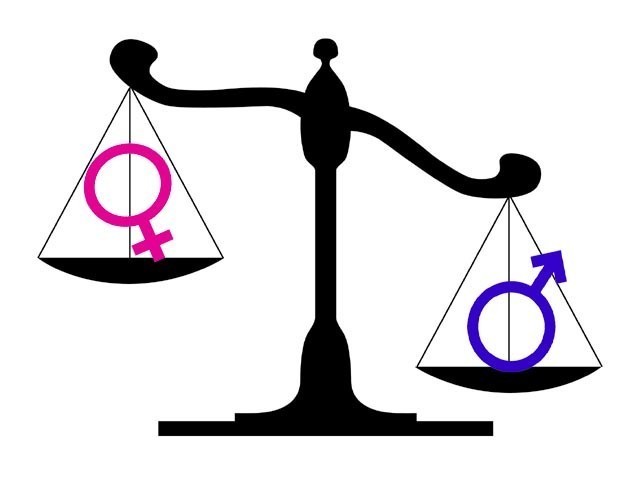Written by Matthew
The OECD have produced another seriously influential report. This one looks like an absolute must read. The ABC of Gender Equality in Education: Aptitude, Behaviour, Confidence, is a summary of the PISA based learning across 60 countries about the now international trends in attainment of boys and girls. The good old BBC news-site carried a nice article about one headline grabbing aspect of the report, indicating that teachers tend to mark girls generously compared to boys. Apparently the more compliant and conscientious attitudes of girls to the structures of school-life may be influencing teacher attitudes, (presumably subconsciously). This report is a reminder that there is enough evidence of a worrying issue for us to take action to address it. The report includes an annex describing the key approaches that the twelve responding countries described to address the crisis. It is difficult to escape the conclusion that the continuing trend identified in the report means that these approaches have limited efficacy. There is an interesting pointer about the patterns at work in this section:
“Despite clear gender patterns in educational attainment and school completion rates, none of the surveyed countries implements system-level, gender-specific policies to address inequality in attainment rates”.
And this is the real challenge for me. Here in Scotland, one of the countries responding to OECD about measures to address this gender crisis, we have many working parties and the beginnings of a dialogue at all levels about the possible reasons for the gap, but not root-and-branch work to address this. Perhaps this is because it is simply too difficult to tackle with any simple approaches. Since the causes of the differences in attainment may well be about boys’ and girls’ differing patterns of reading, computer-game-playing and homework for example, then any approach to tackling this probably has to extend into communities and families. Another possibility is that school itself is no longer configured to appeal to the learning needs of both genders; we have not shown any great ability to make systemic and possibly dramatic changes in this way. In short, I don’t think we know how to tackle this issue. Indeed, how much do we really care?
It is an interesting, (although not necessarily causal issue), that schools themselves in Scotland are becoming populated by an overwhelmingly female profession. The 2003 census of teachers, indicated a drop from about 30% male to less than 26% male since 1998. In the primary sector, the proportion of male teachers was less than 10%. In Parliament at present, the Scots have implemented a gender balanced cabinet to lead social attitudes by example. I wonder whether we may have to implement these kinds of policies in education soon too. Among the recognised trends for gender difference are the increased prevalence of risk taking behaviour in males, as well as an increased tendency to conscientiousness in females. Could the inability of our system to change and to try more radical approaches be in small part due to the risk aversion of the very feminine profession? I find it increasingly interesting to look at the wall displays in primary schools when visiting them, and to search for gender balance; this is a subjective opinion, but I find them far more feminine-appealing or neutral than masculine-appealing in character.
We have a serious challenge on our hands. Gender equality issues are rife throughout our world, the OECD report, (and my beloved Andreas Schleicher Steve!), comment that although the attainment of girls is generally better, their confidence is not always high enough, and the labour market does not necessarily reward attainment over confidence and more practical abilities. This is not a thought piece just for the boys. We need to take this much much more seriously, and we need our best thinkers on the case. Above all we need to be prepared to actually try something different as a result of what we learn. Our conservatism in the face of this inequality challenge is staggering!
